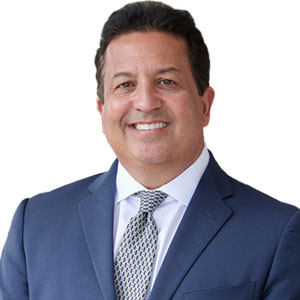Vicarious Liability
What does Vicarious Liability mean?
Doctors and other medical professionals may be held personally liable for their actions or inactions or they may also be held, in some cases, vicariously liable for the actions of others. Vicarious liability may exist even if the doctor did not engage in negligent conduct as long as the liability can be established based on the relationship the doctor had with someone else who was negligent.
One of the most common situations where vicarious liability exists is the employer/employee relationship. For example, in some situations a doctor may be held liable for the actions of another person under their employ if the other employer is negligent while acting within the scope of their employment.
For example, if a doctor has a nurse practitioner working for them and the nurse practitioner is negligent, because of the collaborative relationship between the doctor and the nurse, the physician may be exposed to vicarious liability if the nurse makes a mistake which injures the patient. This could happen, for instance, if the nurse practitioner failed to make a diagnosis that another doctor or nurse practitioner would have made. In this case, even if the nurse practitioner was negligent, the ultimate responsibility for diagnosing and treating the patient generally rests with the physician.
Lawyers near
Term of the Day
Abuse of a child
Abuse is any act against a child which results in death, serious physical or emotional harm, or sexual abuse.
Category: Adoption





